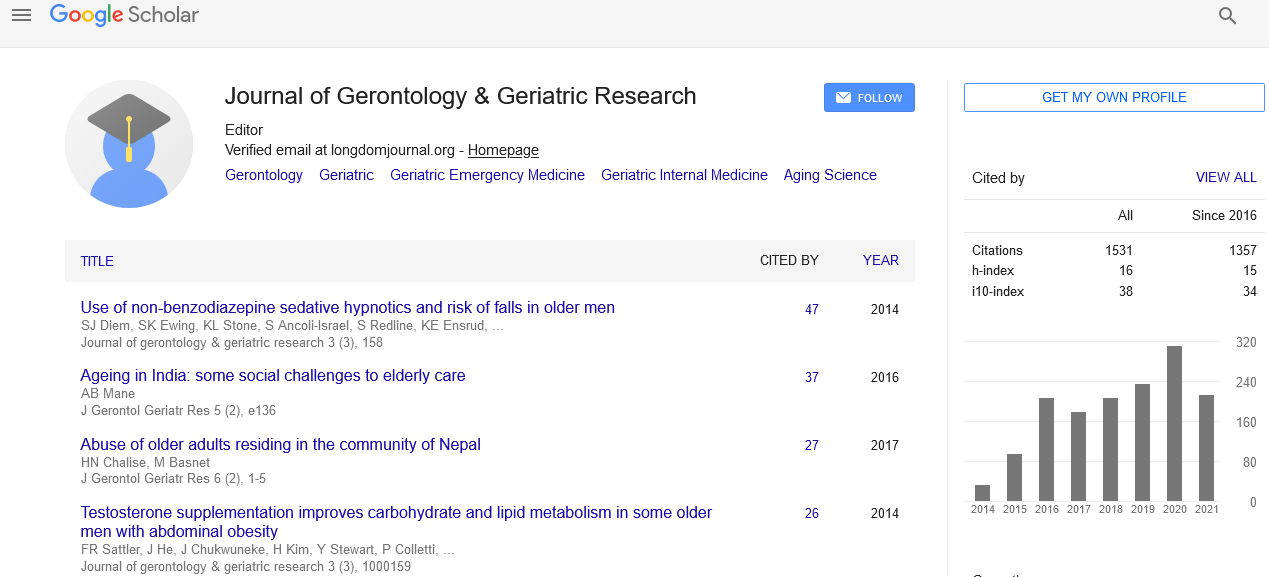PMC/PubMed Indexed Articles
Indexed In
- Open J Gate
- Genamics JournalSeek
- SafetyLit
- RefSeek
- Hamdard University
- EBSCO A-Z
- OCLC- WorldCat
- Publons
- Geneva Foundation for Medical Education and Research
- Euro Pub
- Google Scholar
Useful Links
Share This Page
Journal Flyer

Open Access Journals
- Agri and Aquaculture
- Biochemistry
- Bioinformatics & Systems Biology
- Business & Management
- Chemistry
- Clinical Sciences
- Engineering
- Food & Nutrition
- General Science
- Genetics & Molecular Biology
- Immunology & Microbiology
- Medical Sciences
- Neuroscience & Psychology
- Nursing & Health Care
- Pharmaceutical Sciences
Abstract
Colitis Due to Campylobacter jejuni/coli: Ceftriaxone is Not Effective
Stephane Emonet, Betim Redzepi, Arnaud Riat, Abdessalam Cherkaoui, Benjamin A Lipsky, Frederic Ris and Jacques Schrenzel
Background: Ceftriaxone is often prescribed empirically for patients hospitalized with abdominal pain and fever. If stools culture from such a patient yields Campylobacter jejuni or Campylobacter coli (C. jejuni/coli), clinicians ask about its susceptibility to ceftriaxone, to which it is not routinely tested. We report a case of colitis that raised this question. As we couldn’t find the answer in the published literature, we investigated the sensitivity of strains of C. jejuni/coli to ceftriaxone in our hospital.
Methods: We conducted a retrospective study of all strains of C. jejuni and C. coli isolated from specimens of infected patients seen in our tertiary care university-affiliated hospital in Switzerland between March 2009 and December 2010. Campylobacter strains were identified to the species level with matrix-assisted laser desorption ionization - time of flight (MALDI-TOF) mass spectrometry and antimicrobial susceptibilities were determined by Etest.
Results: Among 108�C. jejuni and 14�C. coli isolates, only 1.6% were fully susceptible to ceftriaxone. Overall, 95.9% of our strains were susceptible to erythromycin but 52.5% of C. jejuni/coli were resistant to ciprofloxacin.
Conclusion: Our results suggest that ceftriaxone should be considered ineffective for the treatment of Campylobacter jejuni/coli infections, the major cause of gastro-enteritis in Europe. In the light of increasing resistance to fluoroquinolones, cases of severe Campylobacter colitis or bacteraemia may require a short course of macrolides.


